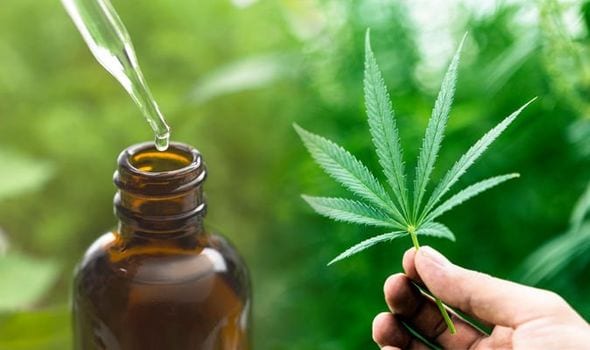
The start of the CBD revolution that’s been around for only a few years can be traced back to a Colorado girl named Charlotte and the special cannabis plant that’s named in her honor. A few months after being born in 2006, Charlotte had started manifesting symptoms of Dravet syndrome, a rare and severe epileptic disorder, which eventually had her suffering 300 grand mal seizures every day.
Her family was out of options. That was, until they found the relief they were looking for from a plant that’s been demonized for years as nothing but a “gateway drug” and the drug of choice for hippies. They acquired a strain of the herb with high levels of the therapeutic compound cannabidiol or CBD and very low levels of the psychoactive compound tetrahydrocannabinol or THC, which is responsible for the “high” that most cannabis users experience. Just after a few days of taking the extracted cannabis oil, Charlotte went from having 300 grand mal seizures a day to ZERO seizures a day.
Eventually, Charlotte’s parents found a local dispensary who could keep on producing high-CBD and low-THC cannabis for them and other patients, and the new strain the dispensary created came to be known as Charlotte’s Web. This cannabis strain with less than 0.3% THC is now legally marketed in the U.S. under federal law.
The Benefits of CBD Oil
For medical use, CBD oils contain most of the medical properties that stimulate the endocannabinoid system resulting in homeostasis or a balance in the body and mind. This promotes mind and body wellness with less inflammation, stress, and anxiety while promoting restful sleep, healthy immunity, and more.
It’s becoming increasingly popular to use CBD oil for anxiety as alternative or in conjunction with conventional pharmaceutical medication to manage the condition. Compared to traditional antidepressants, some of the best CBD oil in the market causes fewer side effects and is therefore, safer to use. That said, there’s such a huge and new market for CBDs that you need to be informed when choosing the one that works for you. Here are factors you need to consider before making your decision.
1.) CBD Content
Commercially, the percentage or concentration of CBD varies widely from as low as 130mg to 1000mg or 2% up to 40%. For an effective but still safe dosage, beginners are recommended to try the 250mg to 500mg levels of CBD. Remember that there is some trial and error to be expected in order to nail down the dosage that works for individual anxiety sufferers. Indeed, there’s no one best CBD oil for anxiety, since the perfect dose for you will depend on a lot of factors including body weight, body chemistry, symptoms being experienced, and more.
2.) THC Content
If you’re worried about passing a surprise drug test at work, it’s preferable to have CBD oil that contains zero THC. Having said that, some studies suggest that trace amounts of THC may result in an “entourage” effect in which the combination of CBD and a little THC will increase the effectiveness of the oil. In any case, the CBD oil you are considering should have THC levels below 0.3% for it to be legally considered as hemp.
3.) Manufacturing and Sourcing
It’s important to know where the hemp is grown to ensure that the company complies with strict FDA standards for manufacturing. Fortunately, the 2018 United States Farm Bill legalizes hemp cultivation in the country at the federal level. Now, all states except Idaho, South Dakota, and Mississippi can grow the valuable weed to meet the rising demand for CBD oil.
4.) Unbiased Lab Tests
When looking for the best CBD for anxiety, consider only companies that had their products tested by third-party laboratories. These independent laboratories perform full panel lab tests to determine the CBD, THC, and other cannabinoid content of certain CBD oils in the market. With proper certification, you are more confident about making your decision. After all, these oil tinctures don’t come cheap.
As more and more CBD oil anxiety relief alternatives flood the market, you need to make the right decision for your own health. You really can’t fully rely on others’ experiences, as each person is different and each reaction to the drug’s therapeutic effects is unique. What you can do is to educate yourself—do your own research, and consult your physician for the treatment that best suits you.
